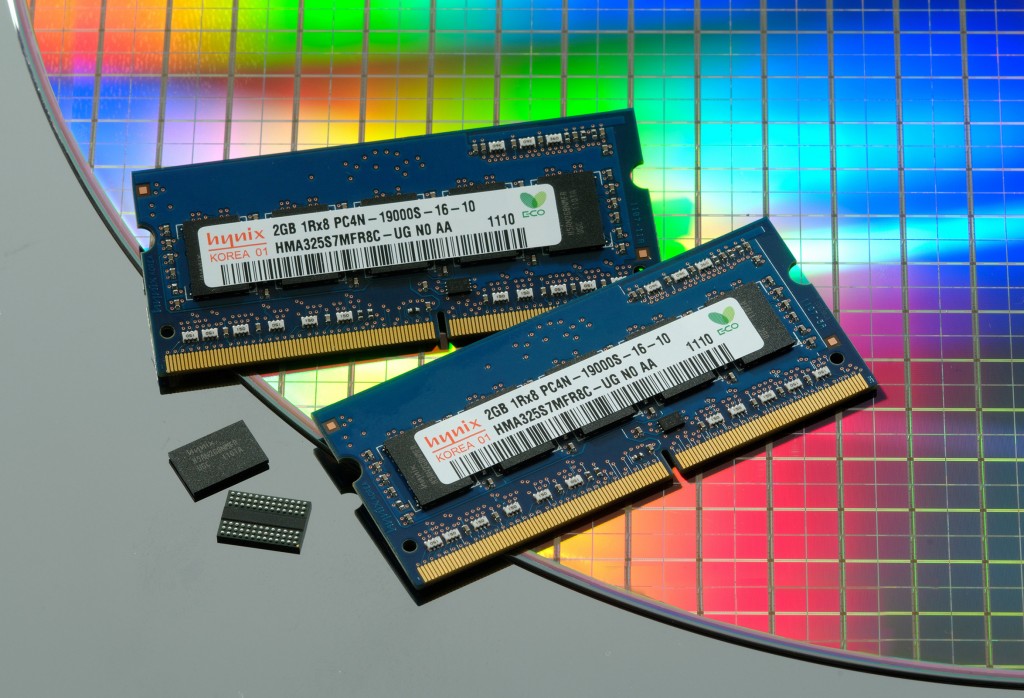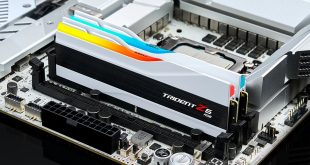SK Hynix, the world’s second largest producer of dynamic random access memory, said this week that it would begin to mass-produce DRAM using 20nm fabrication process in the second half of the year. The new manufacturing technology will help the company to better address the needs of the high-end memory market.
“It is possible from the early second half,” said Park Sung-wook, the chief executive officer of SK Hynix, in response to a question raised by a journalist, reports Korea Herald.
So far the most advanced fabrication processes of SK Hynix were 25nm and 29nm manufacturing technologies. Thinner 20nm manufacturing process allows DRAM makers to produce 30 per cent more memory dies on a single 300mm wafer than the previous 25nm technology. As a result, the per unit cost of such ICs [integrated circuits] will be lower, which will translate into higher gross margins or ability to sell at lower price points and gain market share.
Some industry experts believe that 20nm fabrication process is crucial for DRAM manufacturers as they transit to 8Gb chip densities as well as to DDR4 memory type.
According to DRAMeXchange, the world’s largest DRAM market tracker, SK Hynix made significant progress with yield rate and capacity of 25nm process in Q3 and Q4 2014, which helped it to sustain high profit margins. As a result, the company will keep 25nm production lines for quite some time going forward.
“We will spare no efforts to achieve our vision of becoming the world's best memory chip solution company,” said Mr. Park.
Earlier this year it was reported that Samsung Electronics, the world’s No. 1 DRAM maker, will use 20nm technology for about half of its computer memory products later this year. Samsung began to mass produce DRAMs using 20nm process in the fourth quarter of 2014.
Micron Technology, the third largest manufacturer of computer memory on the planet, started trial production of memory ICs using 20nm in Q4 2014. The company is expected to ramp up mass production at 20nm node this year, but the volumes will be relatively limited. DRAMeXchange believes that Micron aims process 80 thousand wafers per month using the 20nm technology by the end of 2015. In addition to high-density 8Gb chips, Micron will use the tech for LPDDR3/LPDDR3 as well as hybrid memory cube (HMC) products.
Discuss on our Facebook page, HERE.
KitGuru Says: Availability of 20nm capacities as well as yields will determine ability of leading DRAM producers to make DDR4 and 8Gb memory chips cost-efficiently and in high volume. As a result, the faster they ramp up their 20nm production lines, the faster the world will transit to PCs equipped with more memory that runs at high clock-rates.
 KitGuru KitGuru.net – Tech News | Hardware News | Hardware Reviews | IOS | Mobile | Gaming | Graphics Cards
KitGuru KitGuru.net – Tech News | Hardware News | Hardware Reviews | IOS | Mobile | Gaming | Graphics Cards



